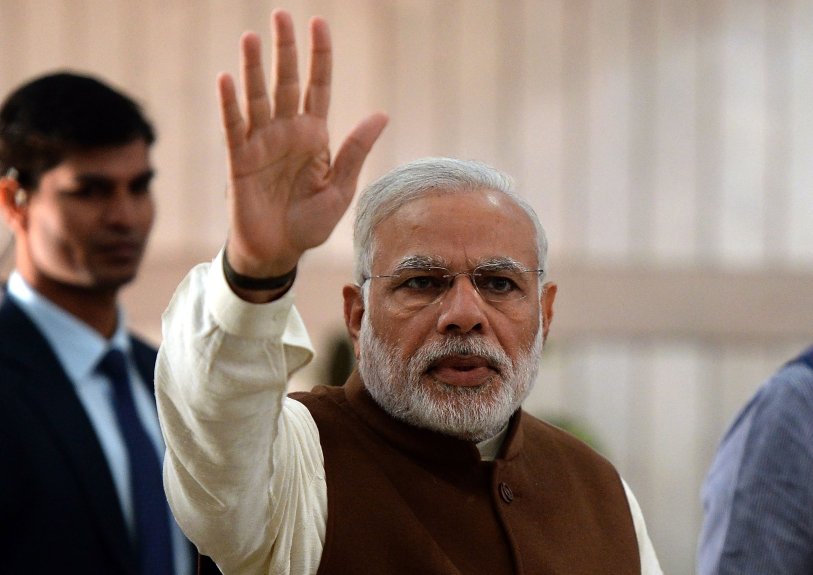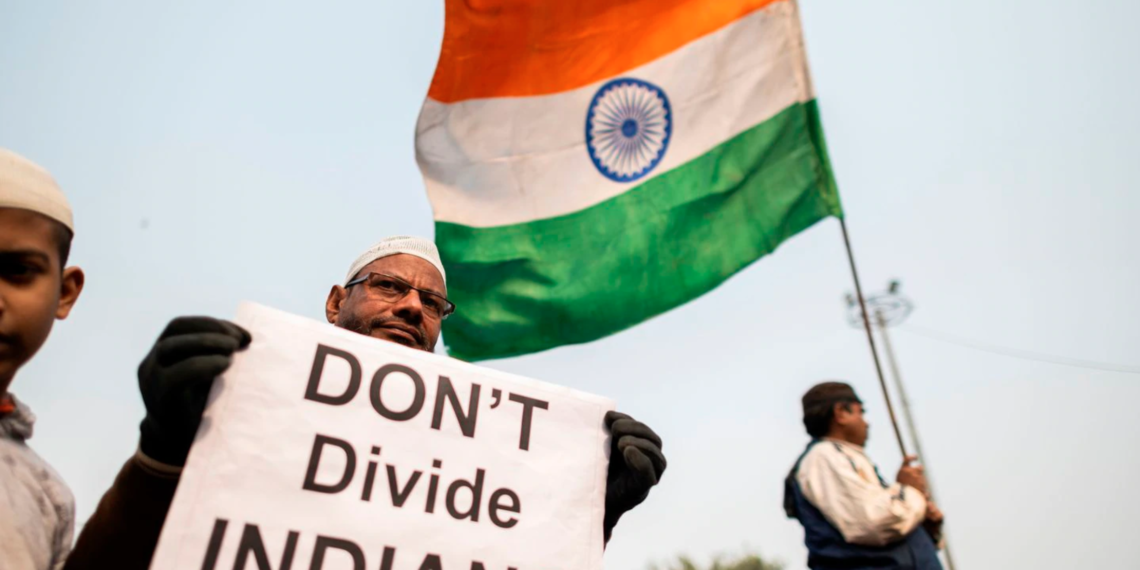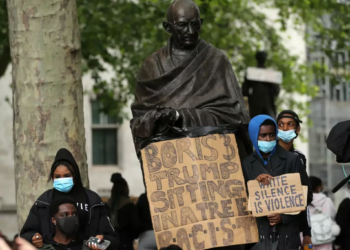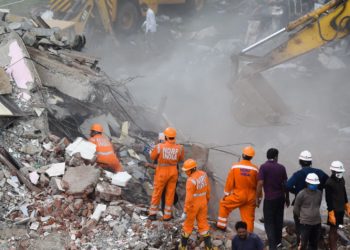Barely six months after receiving a massive electoral mandate, Indian Prime Minister Narendra Modi now finds himself on shaky ground.
Previously, his Bharatiya Janata Party (BJP) abrogated Article 370, which had accorded Kashmir special autonomy for seven decades. The Supreme Court’s ruling in favor of the BJP’s position on the Ayodhya dispute – allowing Hindus to build a temple at the contested holy site – had further bolstered the party’s confidence.
Riding high on these events, the Indian parliament passed the Citizenship Amendment Act on December 11. The amendment offers Indian citizenship to “persecuted minorities,” referring to Hindus, Sikhs, Buddhists, Jains, Parsis, and Christians who “illegally” migrated to India from Afghanistan, Bangladesh, and Pakistan before 2015.
But this time, the Hindu nationalist government has bitten off more than it can chew. Led initially by students and the youth, demonstrations against the act have erupted all over India. Protesters argue that the amendment discriminates against persecuted Muslims from neighboring countries. More importantly, the amendment’s passage sent a clear message to already apprehensive Indian Muslims: they are not welcome in Modi’s India.
The legislation has led to widespread fear that one stroke of governmental machinery could strip many Muslims of their existing Indian citizenship. These fears gained credence when India’s Home Minister announced that a new National Register for Citizens, which until then had only been conducted in the northeastern state of Assam, would be rolled out nationwide. Taken aback by the fury of the protests, the BJP now seems to backtrack on this plan.
Simmering Unrest
Signs of unrest were already simmering for some time. Over the last four years, the Indian economy has slowed. One of the reasons for the downtrend is Modi’s ill-advised demonetization scheme. This plan, along with a hastily implemented Goods and Services Tax, hurt the largely cash-oriented and informal Indian economy. A banking crisis sparked by bad loans has also come to a head as the shadow banks and real estate sector cracked.
Politically, the BJP lost their closest Hindutva ally – the Shiv Sena party – in October in the state of Maharashtra during one of the most crucial state elections. The BJP’s electoral performance in the Haryana state in the same month has been below expectations. Just last week, the BJP lost elections in the state of Jharkhand.
Many were surprised by Modi’s re-election in 2019, as all indicators showed a slowing economy and increased joblessness. India adds approximately 10 million young people to the employment pool every year, but job growth doesn’t keep up.
Modi’s Success
Modi’s electoral success emanated from two broad areas. First was his use of direct benefit transfers and efficiently targeted deliveries of subsidies and benefits for rural Indians, who make up 68 percent of the population. Second was his clever use of the supra Hindu identity, which, partly due to his charisma, has been successful in subsuming vote bank caste politics.

This kind of identity politics used methods like quotas in government jobs and unofficial patronage of public goods by dividing the Hindu population into various hierarchical and endogenous caste groups. The conventional presumption was that the Hindus would always vote first on caste terms rather than on a singular religious identity. Modi to a fair extent has dispelled this notion of the primacy of caste in the 2014 and 2019 elections.
Yet, the relentless protests in the face of the discriminatory Citizenship Act, compounded by the extreme state repression directed at the demonstrators – resulting in 23 deaths, curfews, indiscriminate detentions, arrests, and torture – is now making the BJP wish that these rallies die out soon.
Sowing Fear
The state’s use of brutal force is an attempt to sow fear among the population. The BJP hopes that once the protests die out, it will be business as usual.
Meanwhile, the economy in the latest quarter grew its slowest in years. The trend is only downwards. India’s unemployment rose to 6.1 percent in 2018, a 45-year high. For young men in rural areas, unemployment reaches 17.7 percent, and in cities, it has doubled to 18.7 percent. This does not bode well for the BJP’s hopes that everything returns to normal once the objection over the Citizenship Act tapers off.
Mass Movement
Although Modi remains hugely popular amongst his base, the 2024 elections might prove to be a bitter pill for him. Youth and university students, along with Muslim and Dalit youths already suffering from a slowing economy and state repression, are progressing towards a mass movement.
Nothing inspires me more than expressions of interfaith solidarity. Here, Hindus and Sikhs form a human chain, so that that their Muslim brothers can pray during protests against India's anti-Muslim #CitizenshipAmendmentAct. pic.twitter.com/VdUbGccYed
— CJ Werleman (@cjwerleman) December 19, 2019
One can only hope that the relentless protests of ordinary people seeking to uphold the credentials of a secular India, along with a semblance of opposition unity, can force the Indian government to course correct.
Just six months ago, armed with a huge political mandate, Modi seemed invincible. Yet missteps, divisiveness, living in denial, political arrogance, and state repression have made sure that six months is a long time in politics.
Disclaimer: The views and opinions expressed here are those of the author and do not necessarily reflect the editorial position of The Globe Post.





















